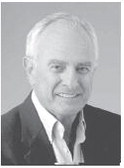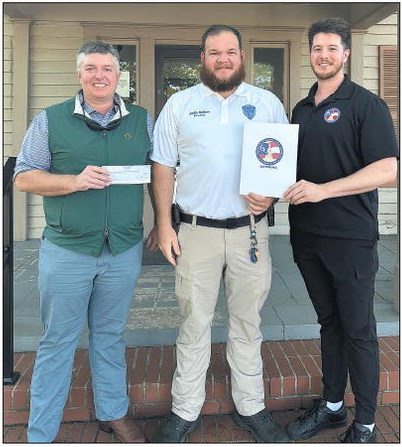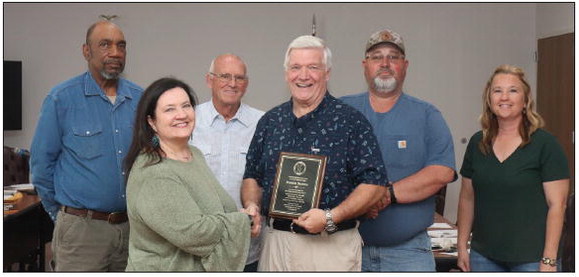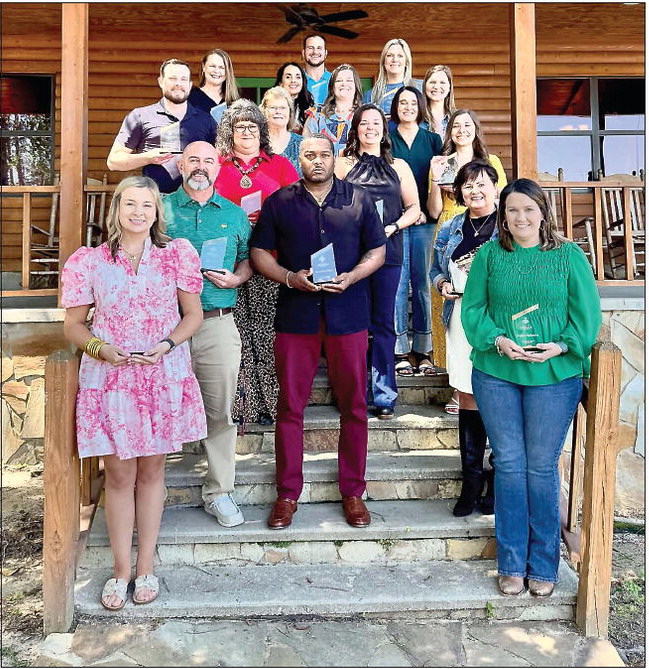Jimmy Carter


On two occasions I made the effort to journey to Plains to hear Jimmy Carter teach Sunday School. I enjoyed it very much and was motivated, initially, to make the drive out of curiosity. A second time was to take my late friend, Ted Hammock, who had a Jimmy Carter-like philosophy — champion the view that government should endeavor to work for the people.
Since Herman Talmadge, I have known all our state’s governors except Lester Maddox. During Maddox’s time in office, I traveled out of state quite often and was embarrassed that he was our state’s chief executive.
I had grown up in the days of segregation but could see how wrong our society had been about the treatment of black people. It was a happy day when George Busby defeated Maddox when he ran for reelection.
Busby’s principal slogan, “Elect a workhorse, not a showhorse,” resonated with enough Georgians to bring an end to the Maddox political era, thankfully. The voters agreed that it needed a governor who underscored the work ethic not one who gained fame by riding a bicycle backwards and sold ax handles to attack black patrons who entered his eating establishment.
Because I had gotten to know Sanders, I naturally supported him. In addition, he was a former Georgia football player whom I first met at a meeting of the Augusta Bulldog club when he was a member of the state senate. He was a good governor and was an avid supporter of education in our state. I was fascinated that a guy who had experienced the rigors of scrimmaging for Coach Wallace Butts had become our state’s governor.
When Carter was elected, I had an occasion to meet with him regarding a couple of proclamations and got to know him casually. We had a lot of mutual friends.
After his term of office as President and had established the Carter Center, a banker friend, John Gill, won a charity live auction bid to bring several of his friends to Atlanta for dinner and conversation with the former President and Rosalyn. Fortunately, my wife and I were on the guest list.
That turned out to be a very interesting and enlightening evening. The Carters were genial hosts and engaged all of us in conversation as we toured the Carter Center.
It was particularly interesting that the Carters, when they were in Atlanta overnight, stayed at the Carter Center, sleeping on a Murphy bed. If they had cleaned up the kitchen after dinner, we would not have been shocked.
It has been an inspiration to have read many of his books. The one that I appreciate most is the one about his days on the farm: “An hour before Daylight.” He autographed that one which is a prized possession in that having grown up on a farm, I could relate to this book which, in many respects, reflects the essence of the man.
Down on the farm, when daylight came, you were expected to be working. To get to the field on time, you needed to have all the chores done, eaten breakfast, filled the water jugs, and had the mules fed and hitched continued from page
to the wagons which were moving to their destination by first light.
Many of our Presidents knew about the work ethic and related to the common man, but few were as compatible in that regard as President Carter. It is obvious that the work ethic was sacred to him. In addition to being an author, he enjoyed woodworking, fly fishing North Georgia streams, Atlanta Braves baseball, supporting initiatives that improved the health and well being of people over the world.
His unshakable faith made him believe that the world could be better if we redoubled our efforts and provided the right leadership. He was committed to doing his part and stands as a lasting example of how we all can help make the world a better place if we follow in his footsteps.








